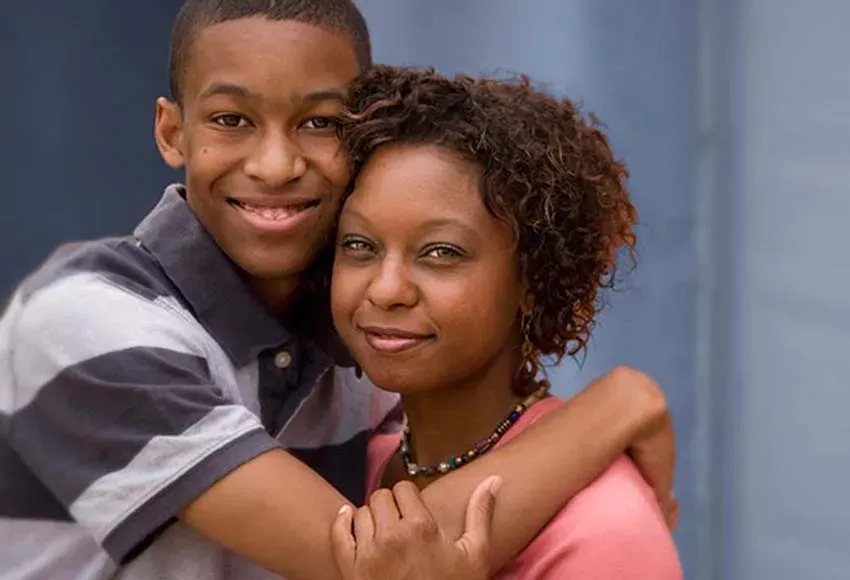During Grays Harbor Pride in Aberdeen, Wash., last September, Mike Schultz and his husband were approached by Chisana White, a targeted recruitment specialist in the Partnership, Prevention, and Services Division of Washington State Department of Children Youth & Families (DCYF). They were promoting a local publication, Coastal Pride, and she was trying to recruit LGBTQA+ adults to consider fostering youth in the area.
For more than 30 years, Washington State has allowed persons over the age of 21 to become foster parents or kinship providers. I had the pleasure of speaking one-on-one with White and another DCYF representative regarding why they are actively seeking LGBTQ+ adults as foster parents, and what the process might look like for them and for the children they seek to place.
There are many misconceptions regarding foster parents and youth, often based on laws from outside Washington. For example, the DCYF is not strictly a state agency oriented toward removing children from their families via Child Protective Services; it is an "umbrella," as White likes to refer to the approach. "We have the Department of Early Learning, Juvenile Rehabilitation, and the Child Welfare Division," she said.
In fact, the DCYF is primarily in the business of keeping families together. The first goal is to give them the resources to be successful, healthy, and happy.
When a child is placed in a foster home, it can be jarring: new people, a new home, a new culture, and even a new town or school. But advocating for LGBTQ+ adults to be foster parents is part of making the best of an often-traumatic situation for many children. Asking adults who might not have considered becoming the caregiver for a child is part of that strategy: matching a child in need with the best family or person has a greater rate of success overall.
However, White is not one to pretend that this is without difficulty: "It is very rewarding and an incredible way to contribute to your community, but there are a lot of challenges, and you invest your heart in it. It's taking care of someone else's child and hard work."
For her, part one is flexibility; part two is humor. "There's loss, grief, trauma... that's what this is. That's why foster care exists. And we're doing everything we can to put families back together. To help kids and families move through the trauma that they've experienced. [Lightheartedness] makes a big difference in adjusting," she said.
Increasing diversity
Washington is not only one of the few states that specifically advocates for people of varied backgrounds to become licensed but is also in the process of increasing supportive access to many of the resources not previously given to kinship providers. To clarify, DCYF states on its website: "The term 'kinship care' refers to the full-time care of a child by relatives or suitable others (unrelated kin)." Often the trauma caused by no longer being with immediate family can be lessened by being with those who are at least familiar and able to create a feeling of consistency.
Being licensed as a kinship provider does not automatically register anyone as a foster parent to all youth in the care system, but it does provide that caregiver with resources and support.
Being a foster parent or kinship provider is a major obligation, but the DCYF has been making a solid commitment in recent years to increase the diversity of the parents available to youth in our state. The greatest change to come about with the formation of this agency in 2017 was the emphasis on prevention, and creating successful reunification of families, when possible.
The population of children currently in foster care placement has been reduced by over 50% (approximately 5,500) since data was first collected in the 1980s, with a major drop in the past five years.
Even with the need seemingly reduced, the cultural and physical need still exists. LGBTQ+ adults are always needed as support for our youth, and even more urgently when they are in a position of vulnerability. People from all racial, ethnic, cultural, and religious backgrounds; renters and homeowners; people who identify as LGBTQ+; and those with any education level are welcome to apply to be a foster parent. You need to be 21 years old or older, or 18 if you are a kinship care provider, and must pass a criminal background check that includes FBI fingerprinting.
If you are interested in learning more about the various options for becoming a foster parent and how to support children and youth, please consider attending a virtual information session, calling the hotline 1-888-KIDS-414, or contacting [email protected]


